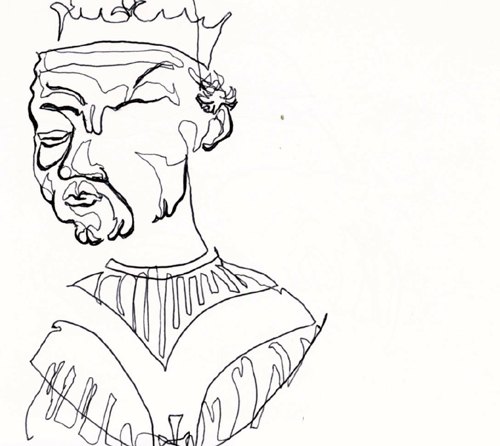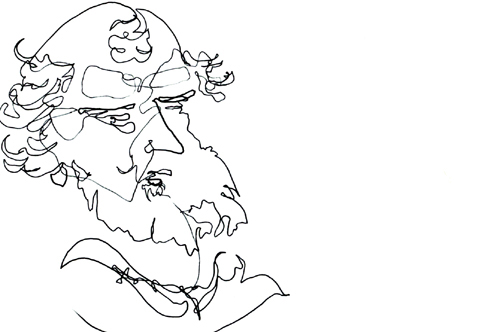One Hundred Eighty-eighth Pope: Nicholas III - 0 comments
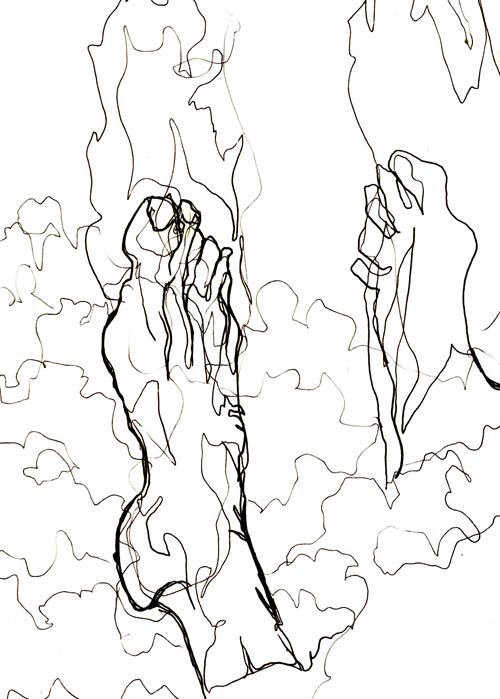
Nicholas III held the seat from 1277-1280, but he's most famous for appearing in Dante's Inferno. Dante and Virgil find him in the eighth circle of hell, filled with Simoniacs, people who have committed the crime of simony. Their particular punishment, of course, is to be placed upside-down in holes, while flames are applied to the soles of their feet.
While Nicholas III talks with Dante, he mentions that he expects successor popes Boniface VIII and Clement V to join him shortly.

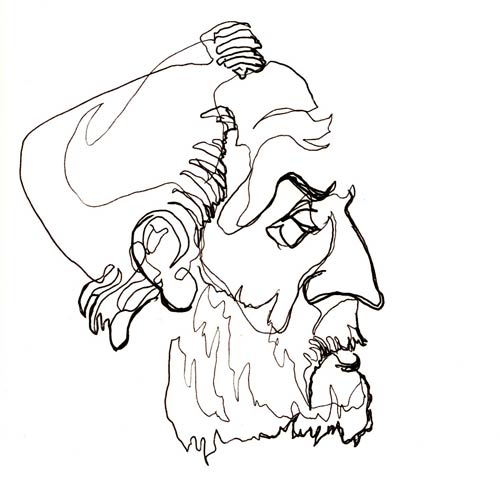
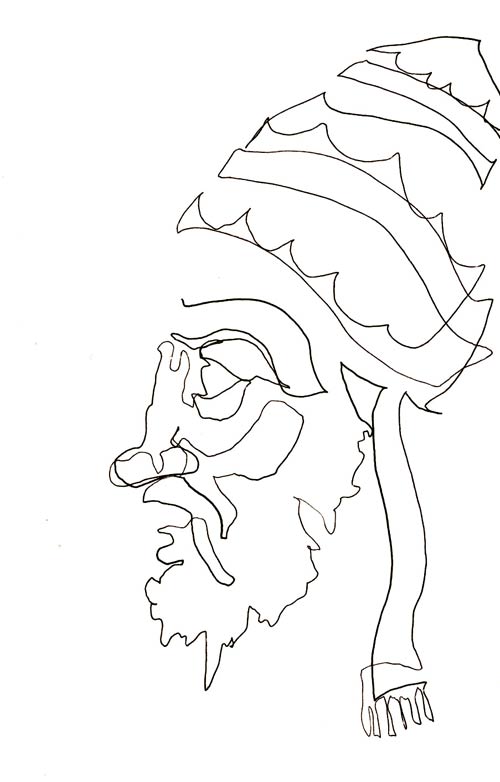


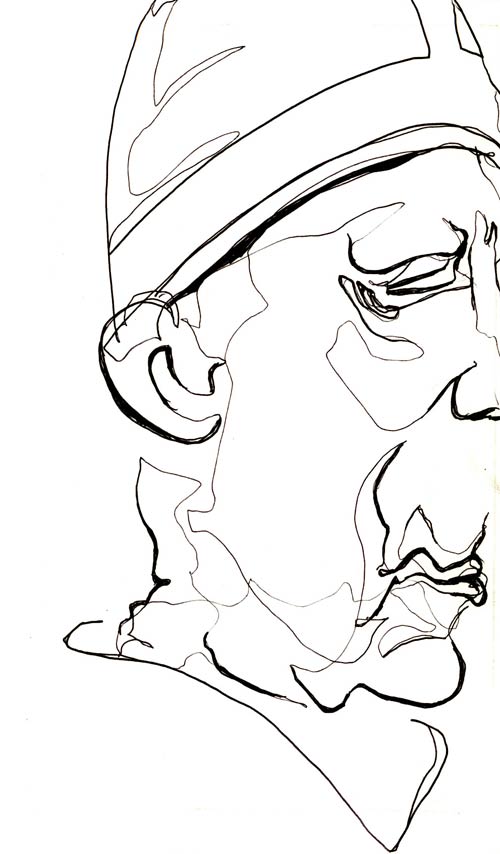




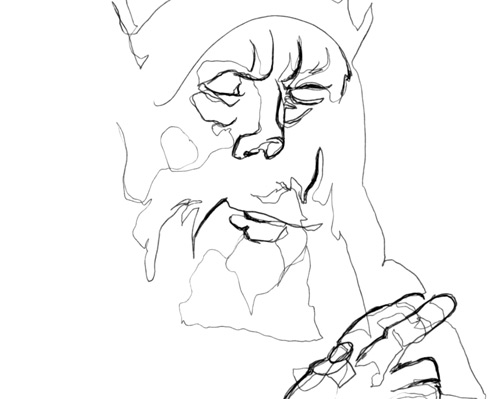

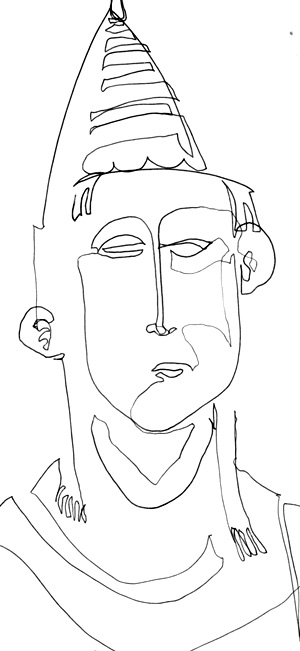
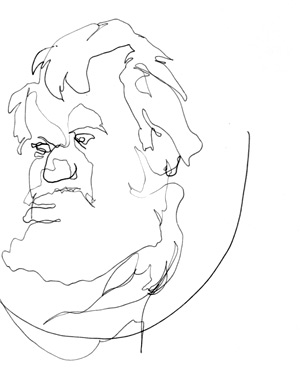


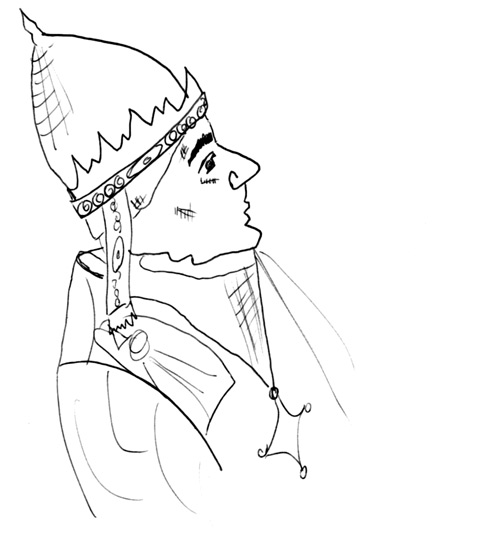 *
*

